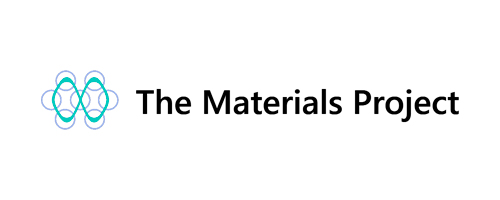Google DeepMind has utilized artificial intelligence to prognosticate the configurations of in excess of two million novel substances. This groundbreaking advancement promises to catalyze a transformative wave in tech applications, with a substantial 400,000 of these substances anticipated to be replicable under lab conditions.
The potential of this endeavor is monumental, with prospects of fabricating next-generation batteries, solar cells of heightened efficacy, and advanced semiconductor chips. These enhancements have the capacity to reshape our everyday technology infrastructure, from handheld gadgets to sustainable transportation.
Traditionally, the journey to new material discovery has been lengthy. Bringing lithium-ion batteries to the consumer took roughly two decades. DeepMind’s Ekin Dogus Cubuk conveys optimism, stating, “We’re hoping that big improvements in experimentation, autonomous synthesis, and machine learning models will significantly shorten that 10 to 20-year timeline to something that’s much more manageable.”
Having been educated on the comprehensive data from the Materials Project, DeepMind’s AI will disseminate its insights with the broader research community, with the aim of expediting progress in material science. Kristin Persson from the Materials Project points to the industry’s hesitancy in embracing new materials due to cost implications. Yet, she asserts that “If we can shrink that even a bit more, it would be considered a real breakthrough.”

DeepMind is now set to concentrate on enhancing its AI to determine the feasibility of synthesizing these materials in a laboratory setting, paving the way for the next chapter in this riveting saga of exploration and technological advancement.






